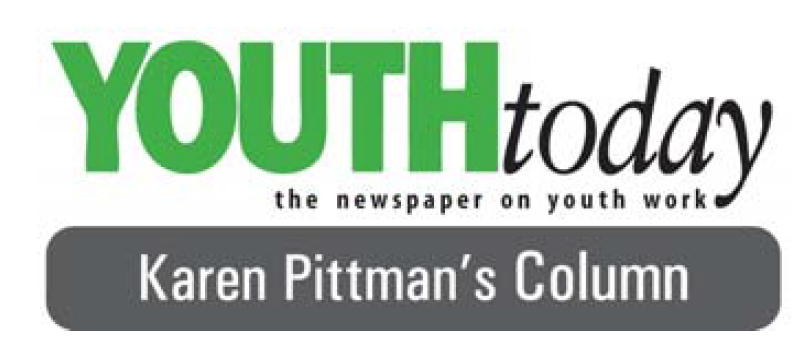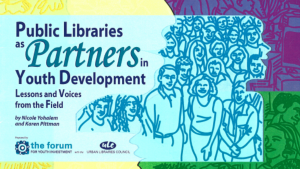
Vindicated. Academic competence really is not enough. Japanese students have it. Yet Japanese business and civic leaders are looking for more.
Education in Japan is about to change. The Japanese Educational Ministry is under enormous pressure, from within the government and without, to revamp the schools. Community, parents and teachers are to be involved. Students are engaged and encouraged to challenge, choose, create. The exam system dismantled.
Why? Japan is known for its educational output. Japanese students outscore the U.S. and other countries across the board, not only because of the performance of the top ten percent, but of the bottom ten percent. And dropouts are almost non-existent. Many of the fewer than one percent of students who do leave school — futoko youth — are so disgraced by their failure that they hide at home. Achievement, in Japan, is not the norm. It is the absolute bottom line.
There is enormous pressure on students to perform, and student stress is high because of heavy workloads and the rigid exam systems. The push to conform and succeed is leading, increasingly, to situations in which young people who are different — in hair color, temperament, interests — are being bullied viciously by other students. Concerns about enforced conformity are now being heard. But it is a different set of concerns that are at the forefront of the educational reform
effort in Japan.
Japanese leaders want the schools to produce workers and citizens who will lead Japan into the 21st century. They want the current and future generations of young people to be imbued with an entrepreneurial spirit, a concern for the environment, a commitment to civic engagement, and a respect for diversity. They want young people with solid academic skills. But they are arguing vigorously that academic competence is not enough. They are, in fact, sending clear signals that academic competence — when competence is defined as rote learning — is counterproductive.
So what? This list of desired attributes is not unique. U.S. business leaders have made a similar list and presented it to the schools. The difference, I believe, is that the Japanese schools have fulfilled the bottom line requirement. They have been and continue to produce academically competent graduates.
The educational reform movement in the U.S. suffers from having never achieved this fundamental first goal — quality academic education and high academic achievement for all. Consequently, efforts to broaden the goals have met with either resistance or skepticism. There remains, I think, an underlying belief among many educators and parents that if schools could just teach the 3 R’s well, the rest would fall into place.
Proponents of youth development argue that school reform efforts will miss the boat if they focus exclusively on raising academic performance and have insisted that youth development and academic achievement are not “guns or butter” but “bread and butter” issues. It simply is not the case that we have to choose between having students who are committed, connected, and socially and ethically competent and those who can read, write and do algebra. We can, and must do both.
The arguments for broadening the boundaries of education have not been made effectively by the youth work sector due, in part, to a real ambivalence about the need to push schools to promote broader development. Will they do it as well? Will they put youth workers out of business? Will they co-opt funds?
If school reform efforts are pushed toward a narrow focus on academics and community-based youth work is consigned to problem-intervention, young people will, once again, come up short. I have little doubt that many Americans — looking
at U.S. student achievement scores and inner city dropout rates — have quietly wished we could have Japan’s problems rather than ours. The recent events in Japan suggest that this swap may not get us as far as we might hope. Rather than striving for better outcomes through narrowing the focus, we should increase the common ground between education and youth work.
We welcome your contributions to the topic. Please reach out to talkwithus@kpcatalysts.com if you’d like to join to the discussion.
Article was originally published in

Pittman, K. (1996, November/December). “The Education Dilemma.” Washington, DC: The Forum for Youth Investment. A version of this article appears in Youth Today



No comment yet, add your voice below!